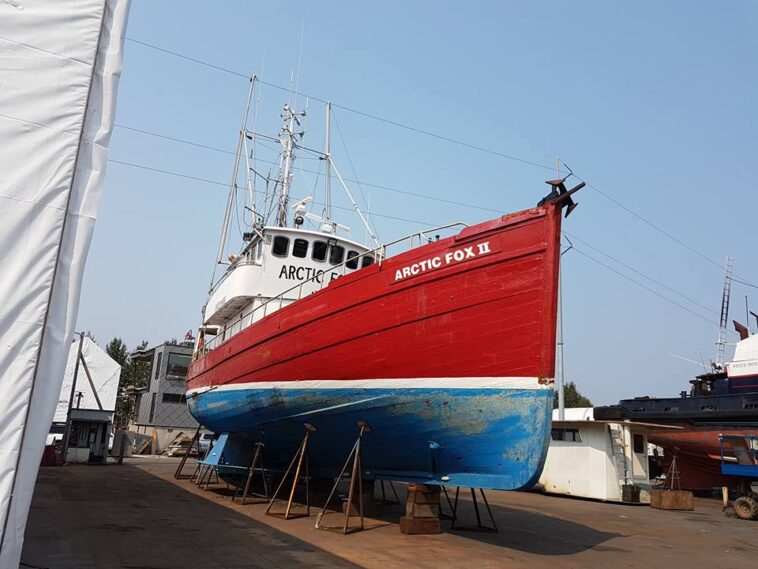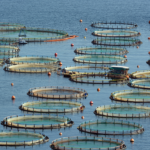In the early hours of August 11, 2020, a fishing vessel named Arctic Fox II began taking on water off the B.C. coast near Bamfield.
By the end of the day, two crew members had died. A third was rescued by the United States Coast Guard.
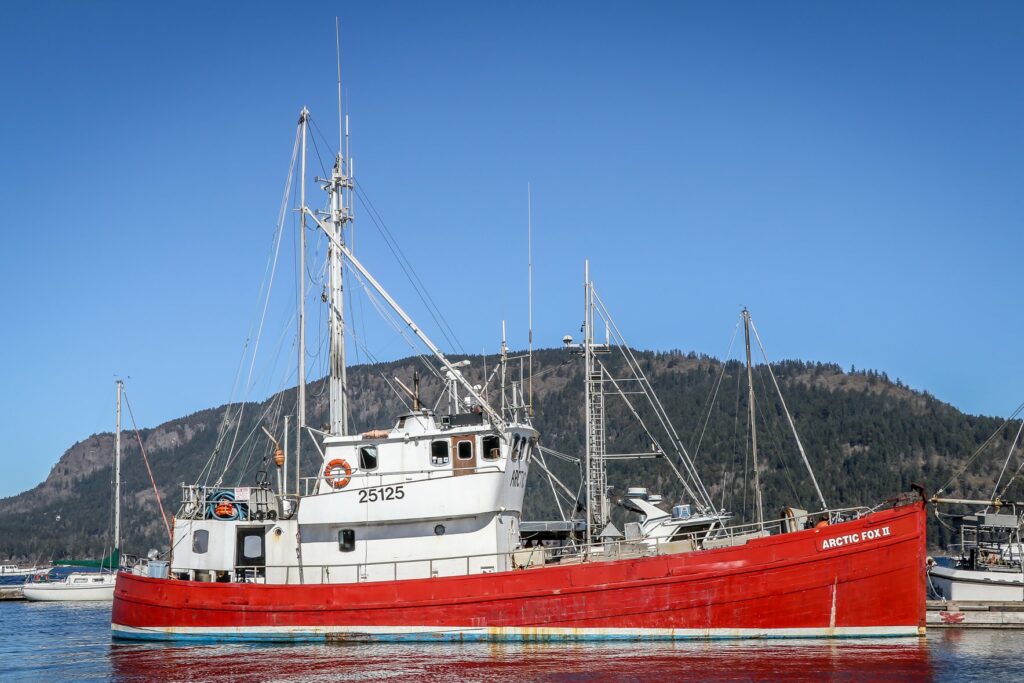
A scathing new report from the Transportation Safety Board of Canada concluded that the Arctic Fox II was not well-maintained, and nobody was checking that it met government regulations.
But these issues aren’t unique to only this one vessel.
Experts have been warning for years that thousands of commercial fishermen face dire safety threats on the job, and yet little to nothing has changed on the B.C. coast.
“Commercial fishing is one of the most dangerous occupations in British Columbia,” notes the website of provincial agency Work Safe BC, and capsizing is the main hazard.
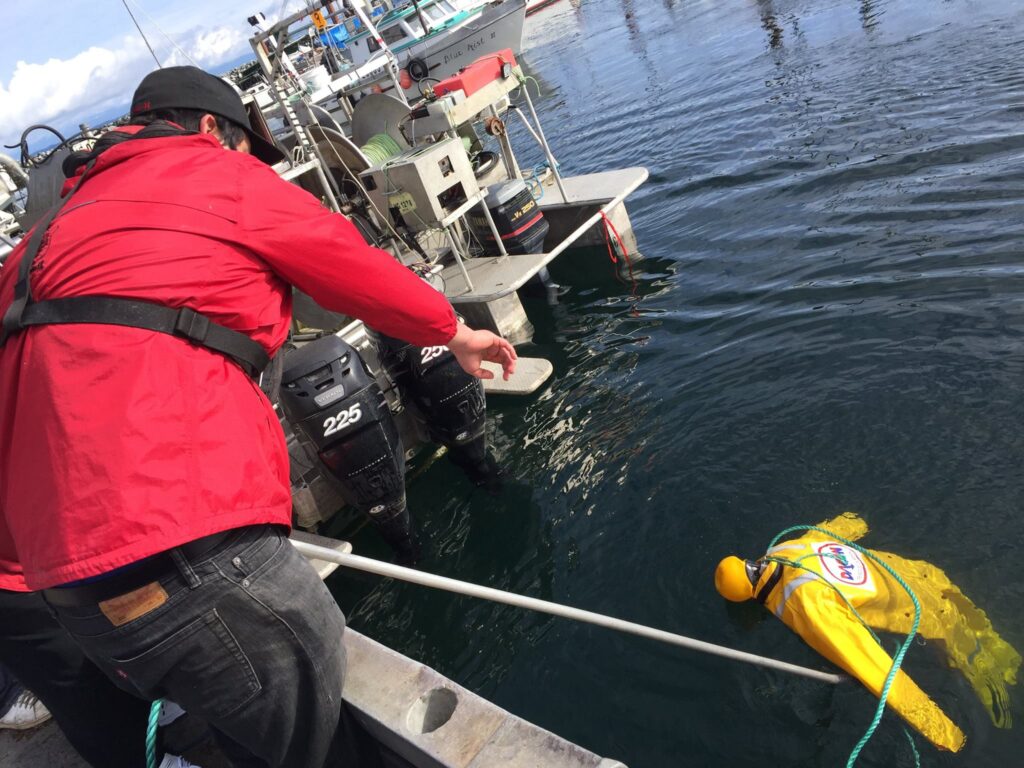
The Transportation Safety Board of Canada is well aware of those risks.
“Every year, the same safety deficiencies on board fishing vessels continue to put at risk the lives of thousands of Canadian commercial fish harvesters and the livelihoods of their families and communities,” stated a Watchlist issued by the independent federal agency earlier this year.
“From 2010 to 2021, the TSB conducted 37 commercial fishing–related investigations where recurring unsafe conditions were identified. During this same period, 128 fatalities resulted from 87 fishing accidents,” said the board. “The two most common reasons for fatalities were falling overboard and problems with vessel stability.”
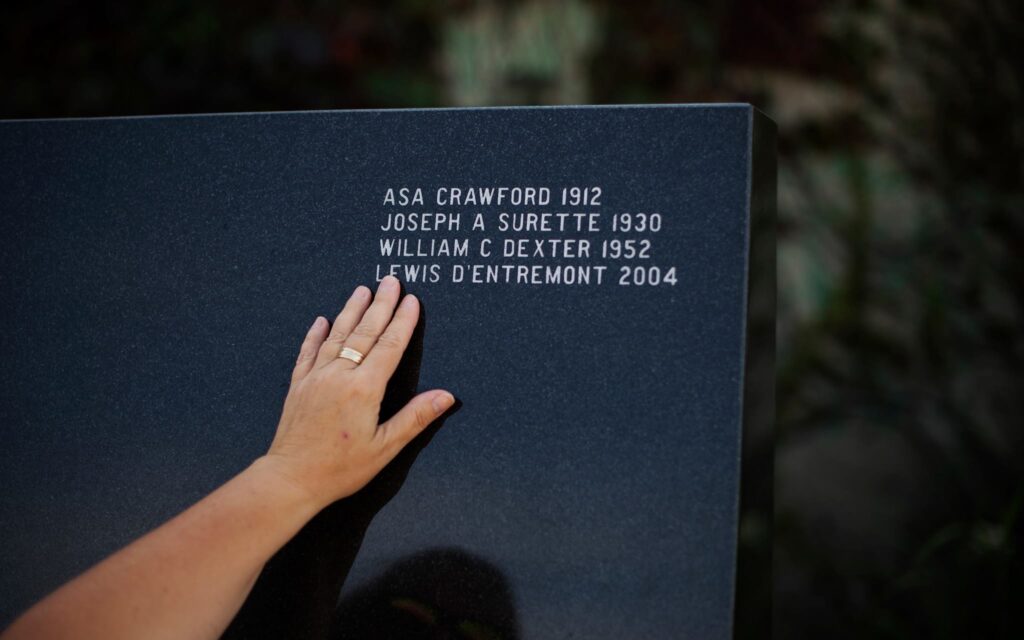
Before the Arctic Fox II sank in 2020, there were warnings that the vessel owned by Teague Fishing Corporation and registered in Shawnigan Lake was not sound.
The week before it sank, two young men hired on as new crew members snuck off the boat one night because they were worried about safety, said news reports. Raymond and Anthony Dixon, 19-year-old twins from Nanaimo, told Victoria News they left while the master slept because the boat had loose fixtures, worn-out cables, and old survival suits with cracking seams.
When the vessel began taking on water those deficiencies became quickly apparent.
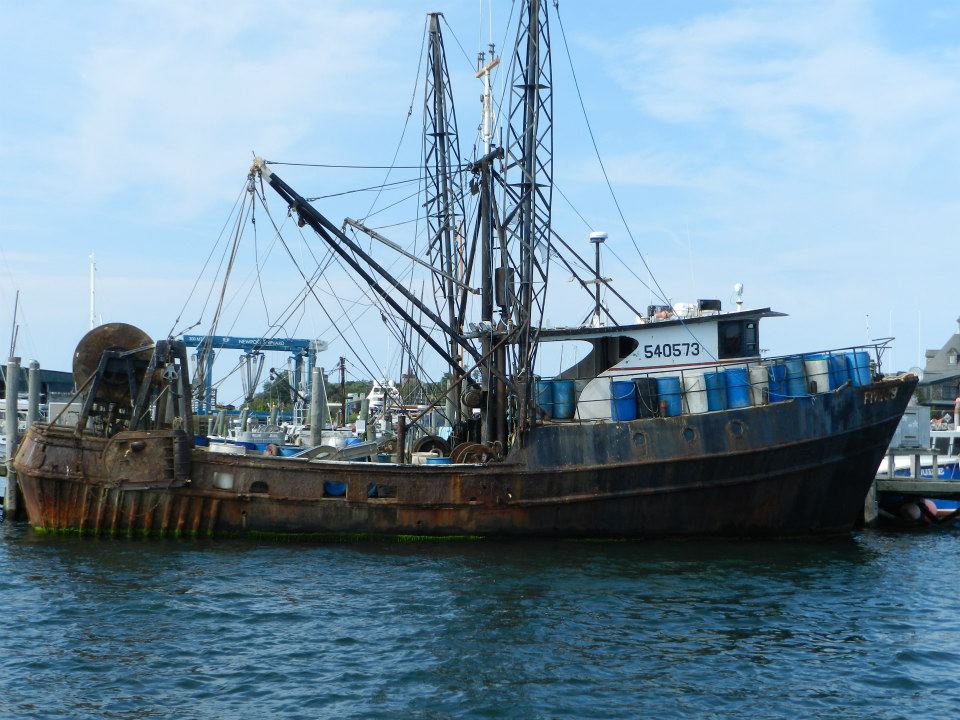
“The master attempted to deal with the water ingress and safety-critical tasks unassisted and ordered the crew members to prepare to abandon the vessel. As the vessel drifted and rolled in the sea conditions, waves landed on deck, making it difficult for the master and crew members to maintain their balance,” noted the Transportation Safety Board of Canada report.
The crew was unfamiliar with the instructions for using the life raft, which went overboard. “Shortly after, the master and one of the crew members entered the water with their immersion suit only partially zipped and with ankle straps unsecured. Consequently, they were exposed to the elements and eventually drowned.”
Comments left on a CBC news story this month, which have not been confirmed by West Coast Now, cite other fishermen’s experiences with other unsafe commercial fishing boats.
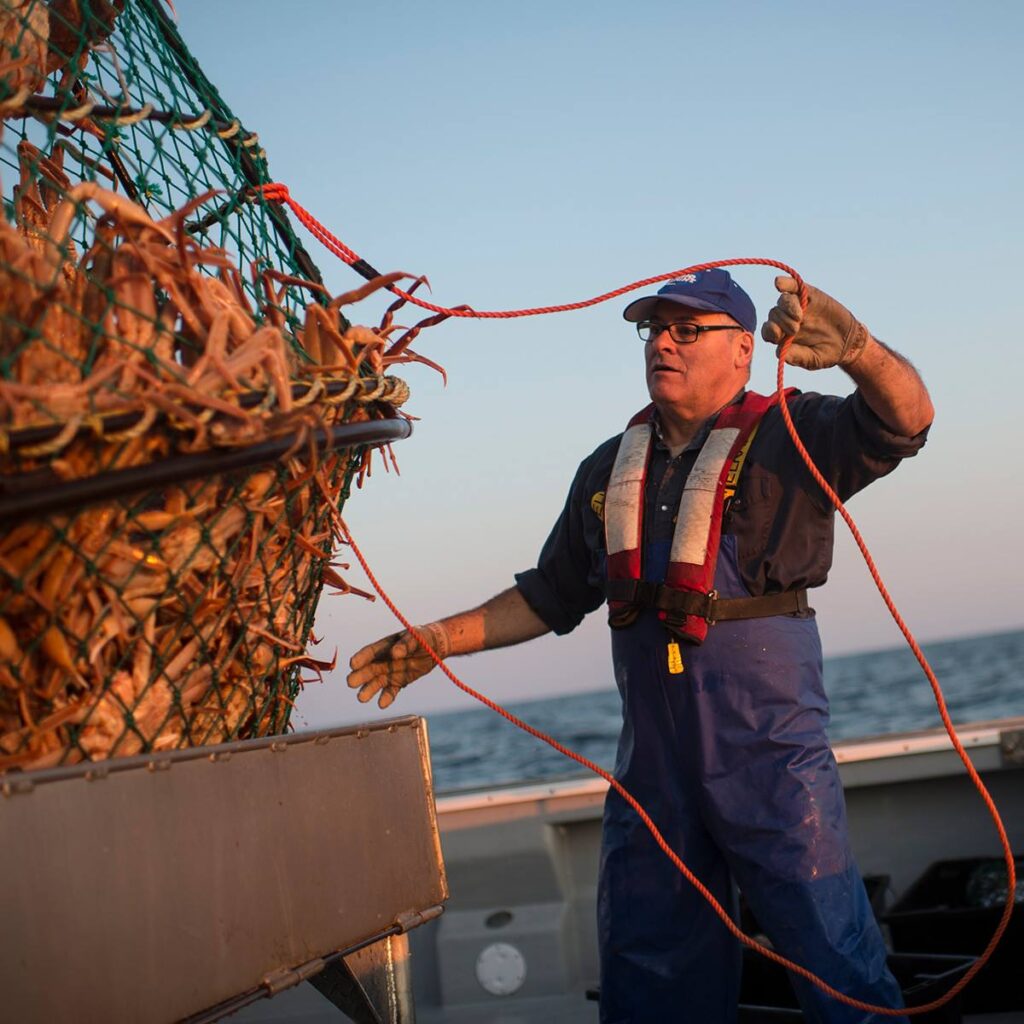
One commenter, under the name Jeff Lafleur, said he left one boat early last “due to the lack of safety,” and tried to warn regulators. “As I got off I wrote a report of my experience and sent it to Transport Canada, (the federal fisheries department) and also to Worksafe BC.”
Lafleur said the fisheries department responded but his concerns sent to Transport Canada and Worksafe “were wholly ignored.”
“When you are on a fishing vessel operating 20-30 miles offshore in the Pacific, there are no authorities. No checks and balances to speak of. You are left in the care of your vessel and crew. The crew works 7 days per week, 18-20hrs per day, sometimes for months straight. It is amazing that we don’t read stories like this one more often. The industry needs a serious overhaul,” wrote Lafleur.
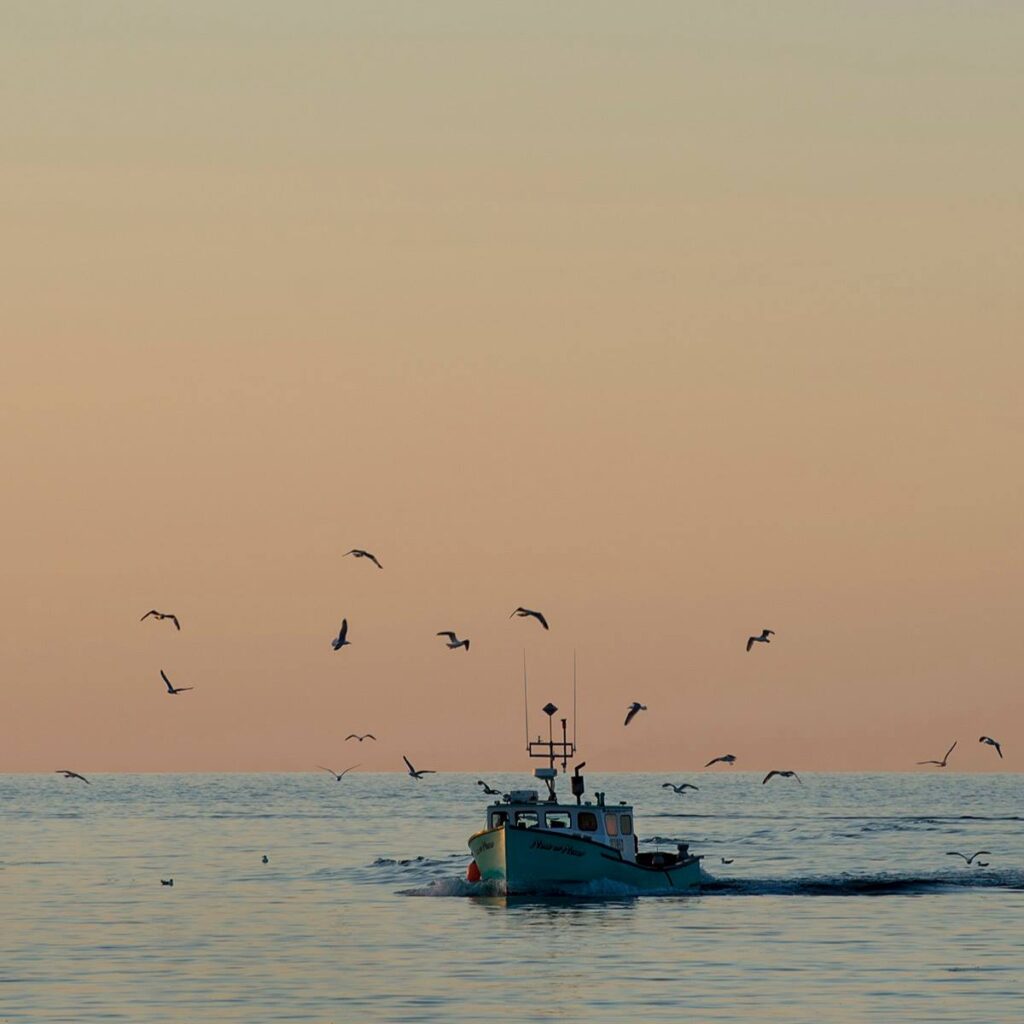
“There is nowhere to report a bad skipper and/or an unsafe boat,” said another commenter, Yvonne Laviolette, who also said they left a boat for unsafe conditions.
“Safety deficiencies in the fishing industry put at risk the lives of fish harvesters, the efficiency and continuity of their operations, and the livelihoods of their families and communities,” noted the Watchlist of the Transportation Safety Board.
It said the risks will remain until federal and provincial authorities, industry leaders, and safety advocates “successfully influence and reinforce changes in behaviours and attitudes.”


